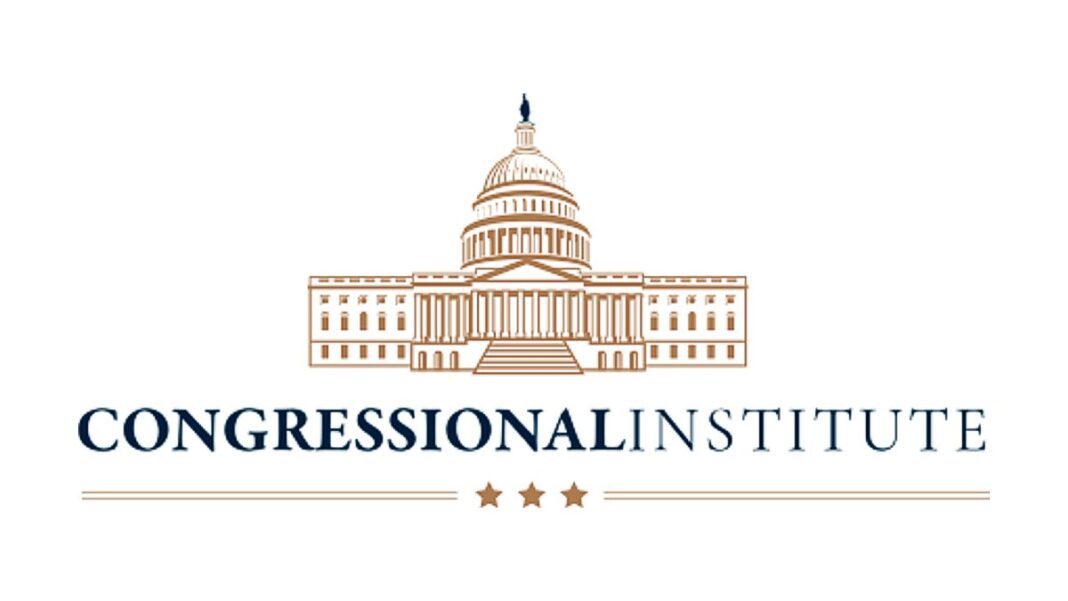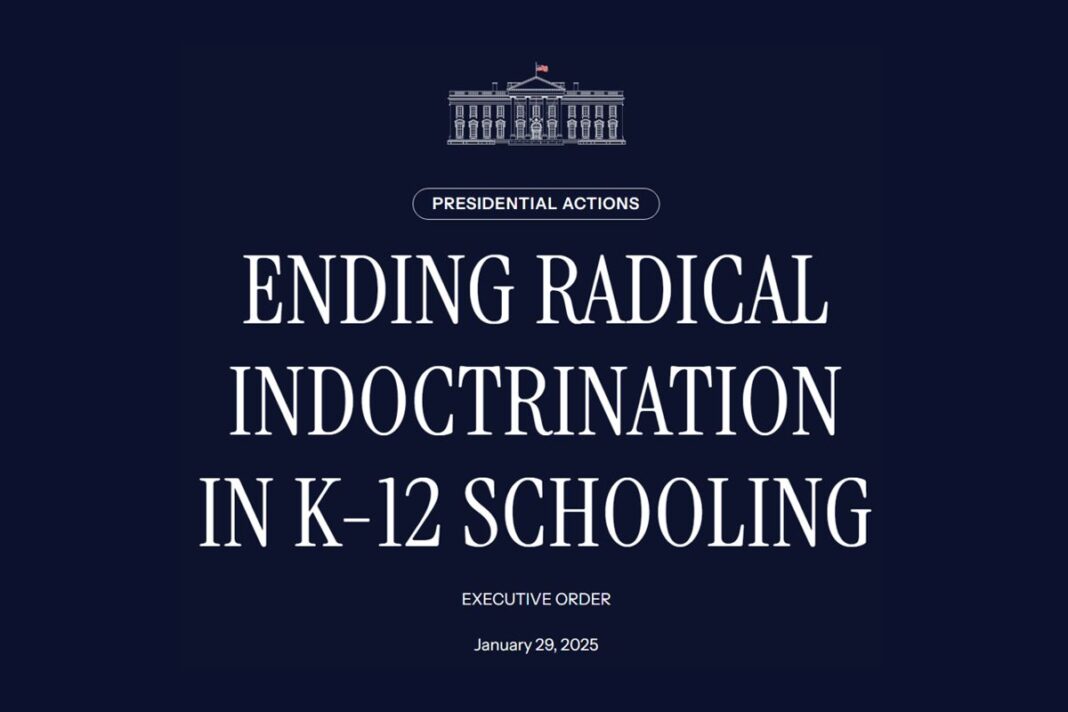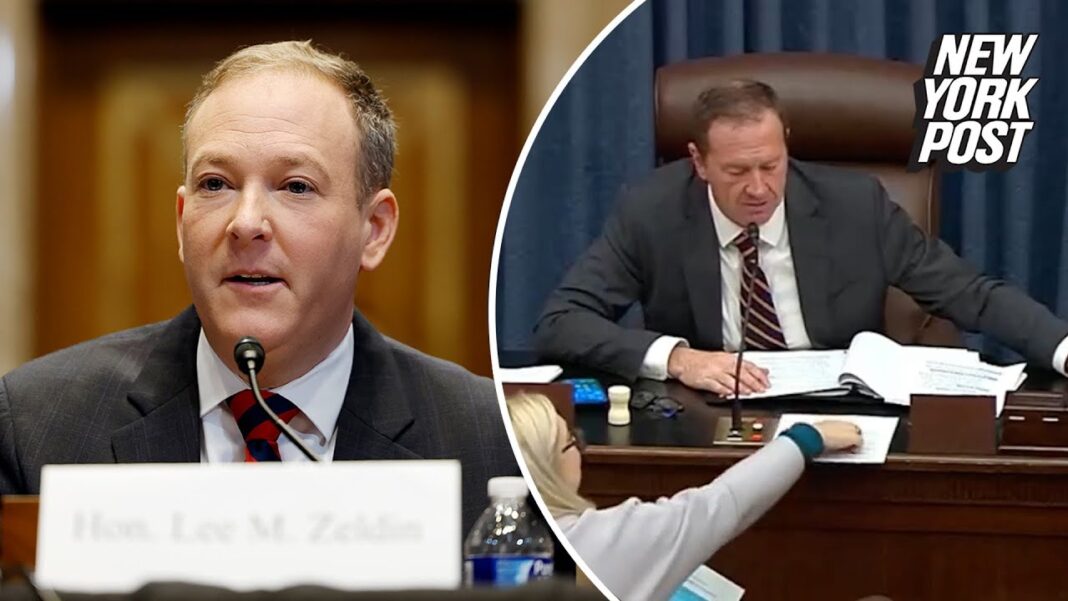Amid talks of cuts, lawmakers suggested likely defense spending increases and didn’t rule out changes to COVID-era rules for Medicaid.
DORAL, Fla.—As a House Republican retreat in Florida drew to a close on Jan. 29, many lawmakers suggested they had made progress on a reconciliation budget bill designed to avoid any filibuster attempt by Democrats in the Senate and further President Donald J. Trump’s agenda.
But the more fine-grained blueprint Speaker Mike Johnson (R-La.) hoped for ahead of the gathering at Trump National Doral Miami had not yet materialized.
In an interview with The Epoch Times, Rep. Keith Self (R-Texas) characterized the results so far as “a process” rather than a blueprint.
“Until we get past the fear of the CBO [Congressional Budget Office] and the Senate Parliamentarian, it’s going to be a process,” he said.
Under the Byrd rule, the parliamentarian can strike various provisions from any reconciliation bill, including those not deemed to impact spending or revenues directly. The CBO, meanwhile, would furnish estimates of any reconciliation legislation’s cost.
Rep. Morgan Griffith (R-Va.) said the work-in-progress was more than a process. He told The Epoch Times that he and his colleagues had reached the stage of a “draft blueprint.”
Rep. Jack Bergman (R-Mich.) told The Epoch Times that lawmakers “have a hard time—we all do—getting past specific numbers.”
“They’re getting close to a blueprint,” Bergman said.
Rep. Nathan Moran (R-Texas) also stressed the complexity of drawing up the reconciliation budget.
“We’re going to continue to iron out things until the very last minute,” he told The Epoch Times.
While Republicans have generally talked of cuts and efficiencies, not all of the reconciliation budget will likely be characterized by austerity.
House Republican Conference Chair Lisa McClain (R-Mich.) told The Epoch Times that House Armed Services Committee Chair Mike Rogers (R-Ala.) and other lawmakers spoke of a need for additional defense spending.
“We need to beef up our military,” she said. She did not rule out the possibility that reconciliation would include the Iron Dome for America outlined in a recent Trump executive action.
“Everything’s on the table right now,” McClain said.









